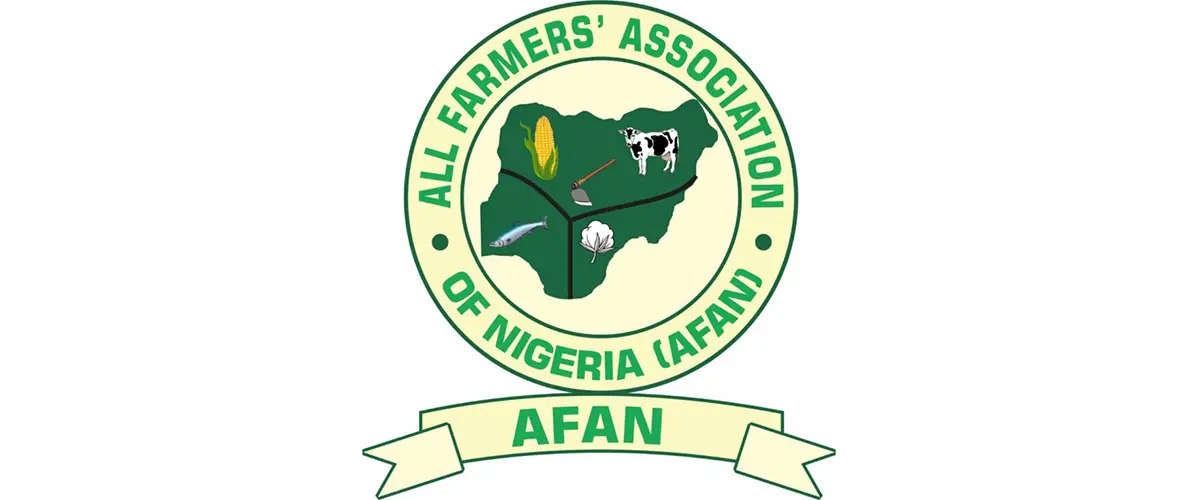AFAN President Highlights Urgent Threats to Nigeria’s Food Security
 The President of the All Farmers Association of Nigeria (AFAN), Architect Kabir Ibrahim, has urgently called for immediate action to address the critical threats to Nigeria’s food availability. Speaking at the 22nd Daily Trust Dialogue, Ibrahim discussed the challenges that undermine the nation’s food security under the theme “Nigeria’s Food System: Challenges and Opportunities in the Attainment of Food Security.”
The President of the All Farmers Association of Nigeria (AFAN), Architect Kabir Ibrahim, has urgently called for immediate action to address the critical threats to Nigeria’s food availability. Speaking at the 22nd Daily Trust Dialogue, Ibrahim discussed the challenges that undermine the nation’s food security under the theme “Nigeria’s Food System: Challenges and Opportunities in the Attainment of Food Security.”
Nigeria’s Food System Faces Multiple Challenges, Says AFAN President
Ibrahim pointed out that several factors are hindering Nigeria’s food security, including macroeconomic instability, insecurity, currency volatility, climate change, low mechanization, and poor post-harvest management. The AFAN President highlighted the ongoing insecurity in food production areas, particularly in the North East, North Central, and North West, which has persisted for more than a decade.
He emphasized that global disruptions, such as the COVID-19 pandemic and the Russia-Ukraine war, have further weakened the global food system, which in turn negatively affects Nigeria’s food security.
Architect Ibrahim Calls for Bold Actions to Tackle Food Insecurity
Ibrahim also addressed the impact of climate change on food production, noting that extreme weather events like floods and droughts are now occurring annually in Nigeria, compared to previous decades when such events happened at longer intervals. He pointed out that global warming, driven by the emission of greenhouse gases like methane and carbon dioxide, exacerbates these challenges.
He warned that inflation, along with the devaluation of the naira over the past 18 months, has significantly raised food prices, making food less affordable for Nigerians. Additionally, the lack of mechanization in farming, coupled with high costs for inputs like agrochemicals and fertilizers, is limiting productivity and further driving up food insecurity.
AFAN President Proposes Solutions to Strengthen Nigeria’s Food System
Ibrahim suggested several solutions to address these challenges, including non-kinetic methods to combat insecurity, such as defoliating forests or bulldozing them in extreme cases. While acknowledging that such measures might be controversial, he believes they could be necessary for ensuring safety in food production areas.
He also called for better food distribution systems that are affordable, sustainable, and accessible. Ibrahim proposed increased support for smallholder farmers with affordable tools, as well as large-scale farmers with access to high-capacity tractors and machinery. Additionally, he advocated for investment in high-quality seeds, agrochemicals, and processing equipment to boost productivity.
In conclusion, Ibrahim stressed the need for a strengthened naira to improve Nigeria’s competitiveness in international trade, ultimately ensuring that food security is addressed and that no Nigerian goes hungry.













